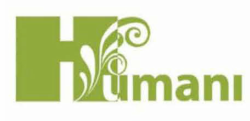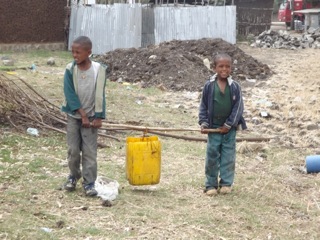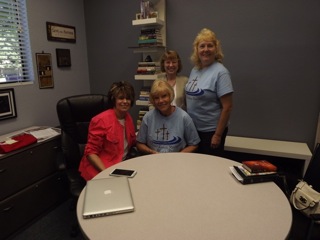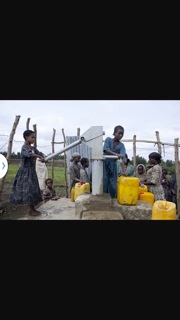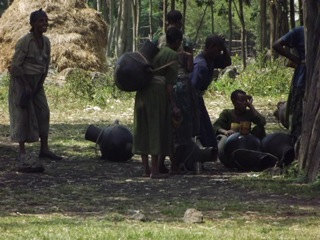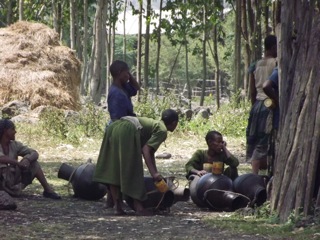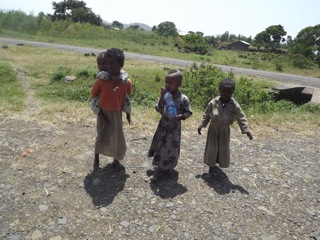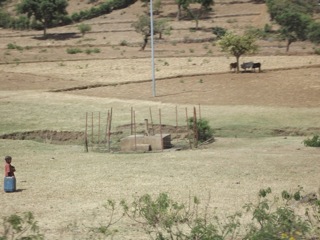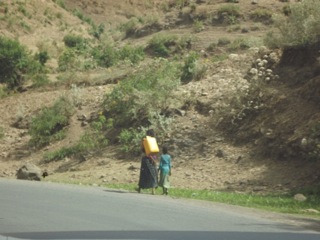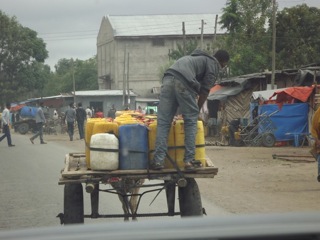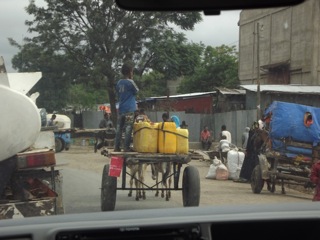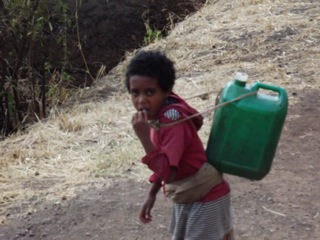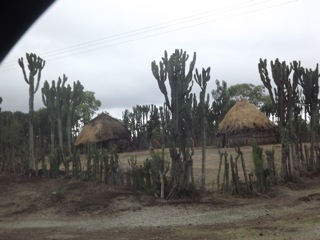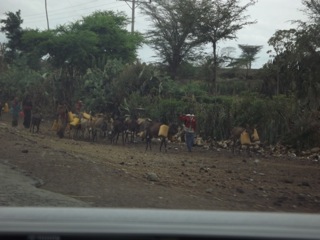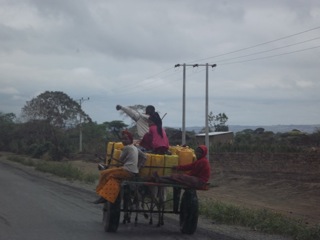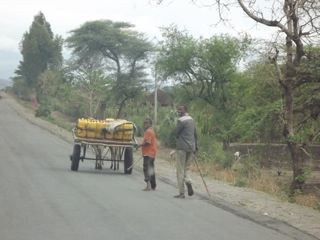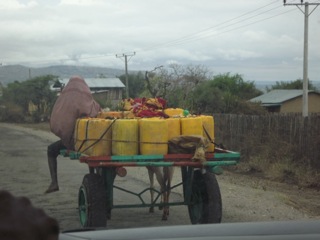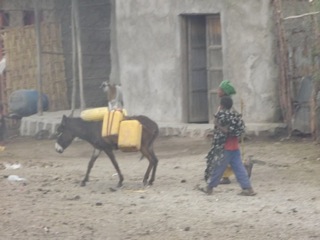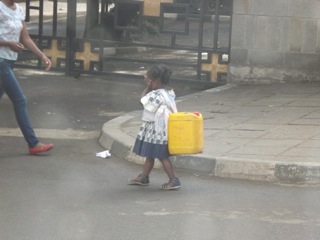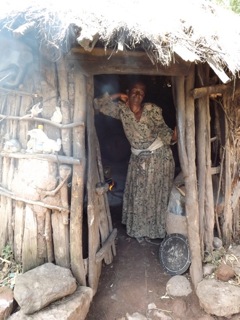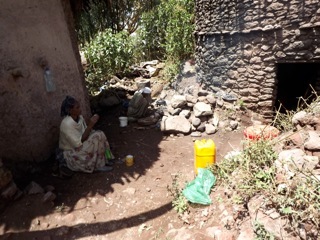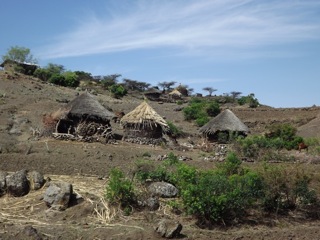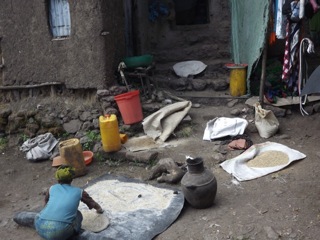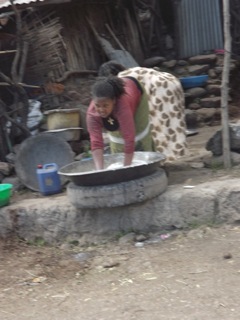|
Humani is on a mission to improve the well being of an entire region in Ethiopia. Improving the quality of life by supplying this region with a clean and healthy sustainable water source. Initially we had a request for a well in one village. Many women and children walk hours a day to collect water from distant sources. The reality is that water is a necessity, a life source! Water means survival, and comes before education. But both are so important and if they have a clean water supply close to their homes then they do not have to spend hours walking to find water, THEY CAN GO TO SCHOOL.
This transforms lives by the thousands! Join Humani in one of our goals of introducing clean water wells in Ethiopia! The cost of our first well and Bone Char filtration system is $38,519.00 Ground Water Survey & Feasibility Study
Location: Between Zuwiy and Langano areas Prepared for: Shellie Carlson
Promoting Transformation and Hope among the Most Marginalized in Ethiopia |
|
Water is Life International (WiLi) is engaged in transformational development among the poor in Ethiopia through Sustainable Living Groups (SLG) and through water, sanitation, and hygiene (WaSH) services. WiLi has drilled over 300 wells and established over 400 SLGs that have transformed the lives of hundreds of thousands of Ethiopians. These engagements are managed and implemented through a network of partnerships that builds the capacity of Ethiopians to address extreme poverty.
Objective The objective of this survey, based off the personal interest of Shellie Carlson, is to provide professional technical services in order to conduct a groundwater survey and determine the well drilling feasibility of the proposed community located between Zuwiy and Langano. In order to conduct the ground water survey, WiLi’s Water Team Leader Kebede Fekede, a trained hydro-geologist, will spend three days in the field. In consultation with the local community, church, and government, Kebede would conduct a geological, hydrogeological, and geophysical investigation of the community. After the survey, WiLi would provide a detailed survey report detailing the feasibility of the project and the recommended steps forward in order to provide a safe and sustainable source of clean water for the community. Description of Survey The survey will begin with a hydrogeological study based on the available groundwater of the survey area. This will help to determine the availability of groundwater for well drilling and the likelihood of a reliable and sustainable water source. A geophysical study will be conducted to determine the water level of the survey area, which will complement the hydrogeological information. Finally, an electrical resistivity study will be done to identify the depth, thickness, and nature of the subsurface ground formation. This will indicate the potential water bearing zones. ArcGIS, Earth Resistance Tester, GPS, topographical maps, elevation models, and satellite images will all be used in the survey. All of these studies will combine to give a thorough and accurate scientific understanding of the survey area, which will point to the best water intervention. made for drilling location, depth, and method. Role of Government and Local Community It is important when considering the possibility of this project not only to take into account the physical and groundwater realities, but also the social factors that would contribute to the success and sustainability of the project. For this reason, the local woreda water desk will be informed about the survey objectives and activities. They may provide knowledge and guidance. The local community will also be vital to guiding the survey and providing their water use history, challenges, and needs. This input will help to determine the next best steps. The input from both the local government and community is vital for the success of the project in the long-term, so their involvement in the survey is equally important. |
Thank you for your interest in Humani Villages!
|
|
Email
|
